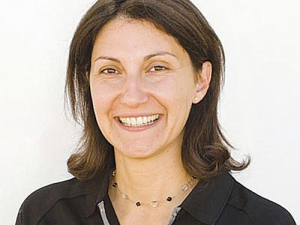DairyNZ says a fall in the number of dairy conversions in Canterbury signals strongly that fears of a big rise in dairying there are unwarranted.
Environment Canterbury (ECan) reports 20 consents were granted for new dairy farms in the last financial year -- nearly half last year’s figure and a huge drop on the 110 granted in 2011.
The last year in which only 20 conversions were consented was 2007.
The number of dairy conversions can be derived from consent applications relating to dairy effluent, increasing herd size or an amendment to an existing effluent consent.
The slowdown is likely partly due to looming regional rules that put stricter limits on nutrient leaching and require farmers to farm to good management practice.
DairyNZ’s regional manager for Canterbury and North Otago, Virginia Serra, says Canterbury dairy farmers are protecting and enhancing their local environment and waterways.
“Dairy farmers in the region have farm environment plans... to farm in an environmentally sustainable manner 365 days of the year.”
The farm environment plans approved by ECan include the DairyNZ Sustainable Milk Plan system, and a key focus is to protect onfarm waterways from sediment, nutrients, and harmful bacteria.
“Another major focus is on efficient water use, including good management of irrigation where more farmers use the latest technology water meters to ensure no more water is used than necessary.
“Technology also comes to the fore showing farmers exactly when and where to spray recycled effluent onto their paddocks. DairyNZ has a range of tools for farmers in this area, including an app that allows farmers to make calculations out in the paddock using their smartphones.”
Serra says Canterbury dairy farmers are also keen proponents of the Sustainable Dairying Water Accord, a voluntary initiative that has seen $1 billion spent over the past three-four years by dairy farmers on environment related work.
“This investment includes fencing and bridging waterways to exclude stock. Farmers nationally have installed 26,197km of fencing.”
She says farmers countrywide have also planted millions of native plant species as riparian buffers along the fenced waterways to assist with protection.
Farmers have also installed effluent management systems that are council approved.


















